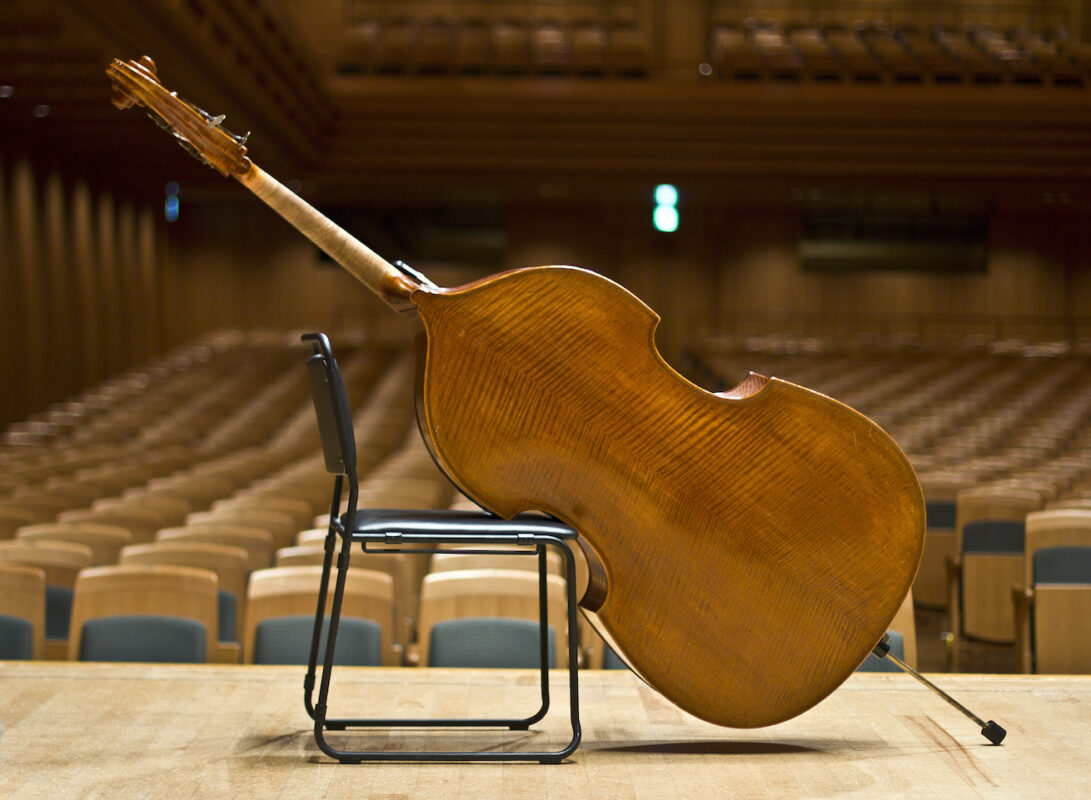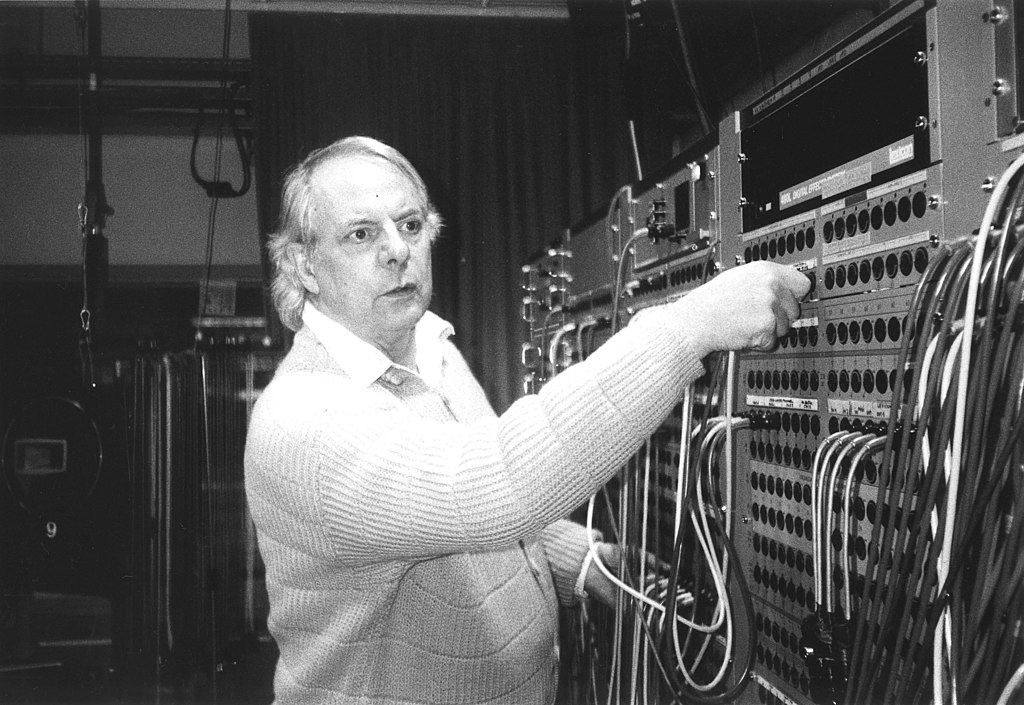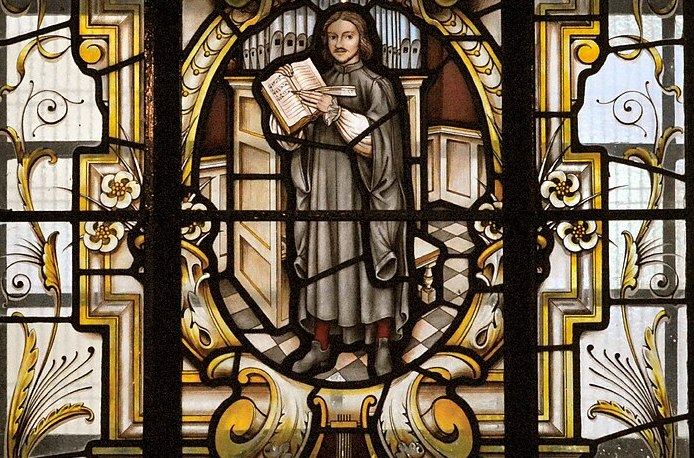Masterpieces urgently to be discovered
Emilie Mayer's extensive oeuvre is still to be discovered. The String Quartet in E minor, one of twelve (!), impresses with its clarity, unity and appealing themes.
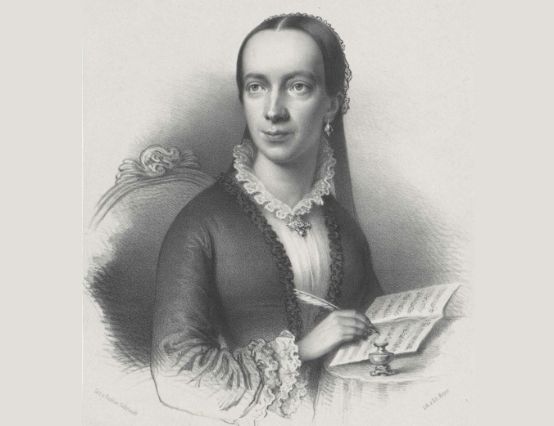
To this day, none of the relatively few female composers of the 19th century has managed to reach the heights of their male colleagues. Productions by women of equal standing are still curiosities in the concert business; highlighting them in a programme - however deserved and honourable this may be - is tantamount to involuntary stigmatization. One woman who was recognized and appreciated by audiences and colleagues during her lifetime was the Mecklenburg-born composer Emilie Mayer (1812-1883).
Her oeuvre is remarkable; she was considered highly ambitious and industrious, even sacrificing her own family to her art. Eight symphonies, twelve string quartets, piano chamber music, fifteen concert overtures, violin and cello sonatas, piano works, a Singspiel after Goethe, songs and four-part choirs, a lively concert life, a house in Berlin open to society figures and concerts and respect from both men and women characterize her life.
It is difficult to understand why she and her work became so quiet again, as it contains everything that makes good music: technical and instrumental mastery, immediately concise and comprehensible themes, sophistication, innovation, singability and a specifically individual touch. One might argue that she was no different from many composers of her time, such as Friedrich Gernsheim, so history is not fair. But why is the great, overwhelming 5th Symphony in F minor not heard on the concert stages of good orchestras, but instead Brahms for the umpteenth time, next to whom it need not hide, but could almost be mistaken for him? Unfortunately, concert organizers and directors are often too disinterested or ignorant. Unfortunately, the composer also has no committed advocate in the form of an Emilie Mayer Society, which has yet to be founded!
Twelve string quartets from the late Romantic period are an unusually large number; Mayer was therefore intensively involved with the genre. They date from her early compositional phase, the last of which, Opus 14 in G minor, was published in 1858, by which time she was a fully mature master of her craft who liked to refer to Beethoven at this time. While the two piano quartets and piano trios were recorded, there are no recordings of the string quartets at all. The present score is characterized by crystal-clear architecture, balanced voices, formal unity and beautiful themes. There are no complex interweavings or interlacing as in Schumann's works. Nor is it inspired by late Beethoven, but at best by middle Beethoven. Certainly an extremely worthwhile piece to rediscover. It's just a pity that the Furore edition continues to rely on a truly unattractive exterior and puts the great content in a poor cover behind which no jewels are to be expected.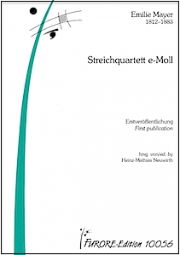
Emilie Mayer: String Quartet in E minor, edited by Heinz-Mathias Neuwirth, first edition, fue 10056, € 39.90, furore-Edition, Kassel






